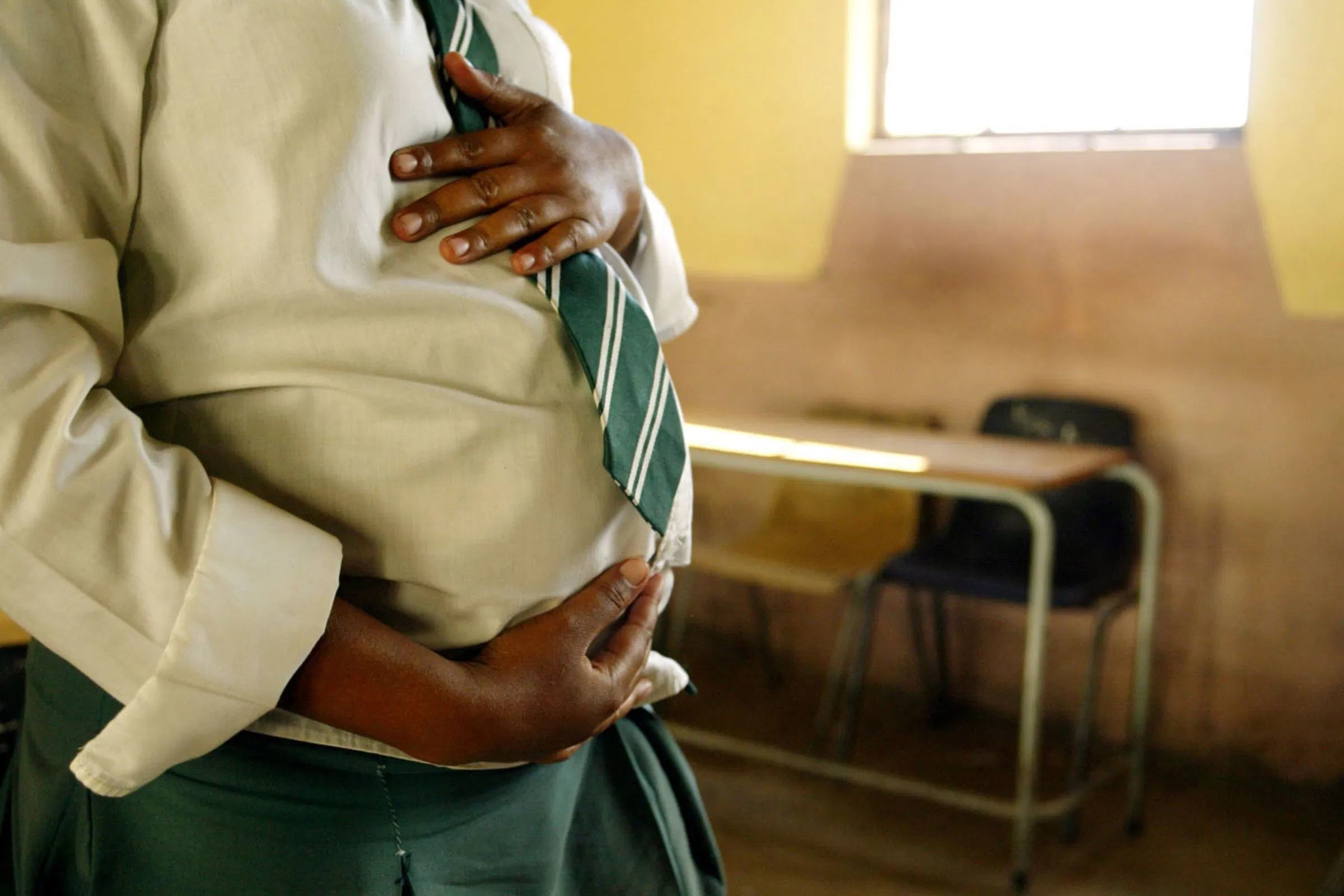By Destiny Uko
Across Nigeria, a growing number of adolescent girls quit education due to unplanned pregnancies, cutting short their education and dimming their future prospects.
According to UNICEF, 7.5 million girls are out of school in Nigeria—a crisis that’s especially acute in rural and underserved communities where access to sexual education, healthcare services and gender-responsive schooling remains limited.
Yet amidst this troubling trend, a range of girl-centred nonprofits and grassroots initiatives are working to rewrite the narrative and help young mothers return to the classroom.
One such organisation is the Girls’ Education Mission International (GEM), which provides scholarships, life skills training and reproductive health sensitisation to teenage mothers and out-of-school girls. Through its intervention, many girls have been empowered to resume their education and reclaim their future.
The ACE Girls’ Hub is a subsidiary of the ACE Charity that concentrates on exposing out-of-school girls to digital literacy, helping them acquire vocational skills, and offering emotional and financial support and basic child care services. In this way, these girls learn and catch up in an environment devoid of judgement and discrimination.
The Action Health Incorporated (AHI), operating mainly in Lagos and Ogun State, offers sexual and reproductive health education and psychological and emotional support to girls that had left school prematurely. Its goal is to help teenage mothers to recuperate mentally and juggle school and parenting with ease.
The Centre for Girls Education (CGE) is another nonprofit that caters to girls in the north. Working in sync with religious groups, community heads and parents, the Centre for Girls Education (CGE) mentors adolescent girls and enforces the return of teenage wives, pregnant girls and teenage mothers to school.
The role of families and the government
Beyond these organisations, families have a central role to play. They are saddled with the responsibility of providing protection, emotional support, continued education and proper child care to the girl and the baby. As such, condemnation is not the ideal way out. The girl should be treated with love and acceptance at home first to boost her confidence in public.
Government interventions must become more fortified. State and federal education boards should create and spearhead policies to unite out-of-school girls with classes, cater to young mothers by providing flexible learning schedules and offer training to teachers on how best to include these girls.
Awareness campaigns must be introduced into far-flung communities to help girls to rise above their circumstances. The Federal Ministry of Women Affairs and relevant bodies should tighten their moves to create substantive and lasting empowerment for affected girls.
Unplanned and difficult situations like early pregnancy shouldn’t be tantamount to a halt in education. Every girl in this category deserves genuine care, encouragement and continued schooling. Ending their education only worsens the situation, which is not helpful to society if left to persist for long.
Across Nigeria, many adolescent girls discontinue their education due to unplanned pregnancies, a situation particularly dire in rural areas with limited access to sexual education and healthcare services. According to UNICEF, 7.5 million girls are out of school nationwide. However, various nonprofits and grassroots initiatives are addressing this crisis by enabling young mothers to return to education. Organizations such as the Girls’ Education Mission International (GEM) offer scholarships and life skills training, while ACE Girls’ Hub focuses on digital literacy and vocational skills development. Action Health Incorporated (AHI) provides sexual and reproductive health education and psychological support, and the Centre for Girls Education (CGE) facilitates the return of teenage mothers to school in northern regions.
Families play a crucial role in supporting these girls, with an emphasis on providing emotional support and education, while the government should implement policies to create inclusive educational environments for young mothers. Awareness campaigns in remote areas and initiatives by the Federal Ministry of Women Affairs could further empower affected girls. Ensuring continued education for girls in these situations is paramount, as halting their education exacerbates societal issues.






